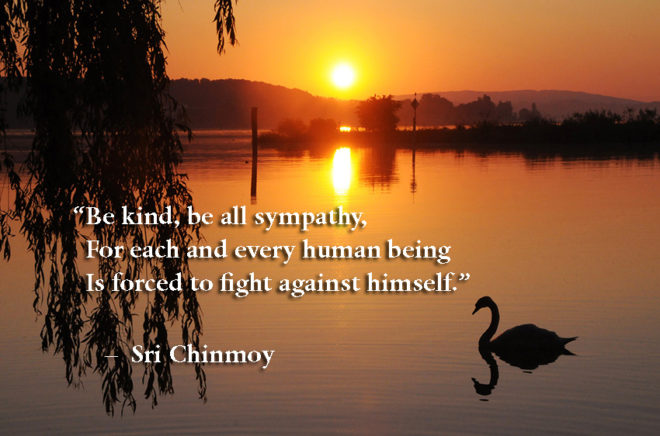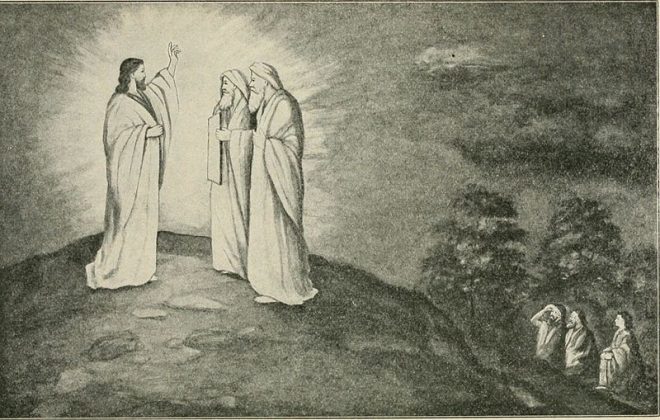There are some irritants of modern life – call centres, canvassers, getting a parking tickets e.t.c. But, before we take it out on the person at the end of the line, we should try and put ourselves in their shoes for a moment. Given different circumstances, it could easily be us.
It is easy to get frustrated when we have a valid complaint but are put on hold for a long time. However, before we speak in anger, we should try and bear in mind a few things.
Anger hurts ourselves. When we get angry, we lose our peace of mind and later we will feel a form of regret. Like a boomerang, anger comes back to haunt us.
Secondly, the person who receives our anger and frustration most likely doesn’t deserve it. They are doing a job; they are the front person for problems elsewhere. If we were in a job dealing with complaints, we would definitely appreciate people who are thoughtful and calm. Read On…






